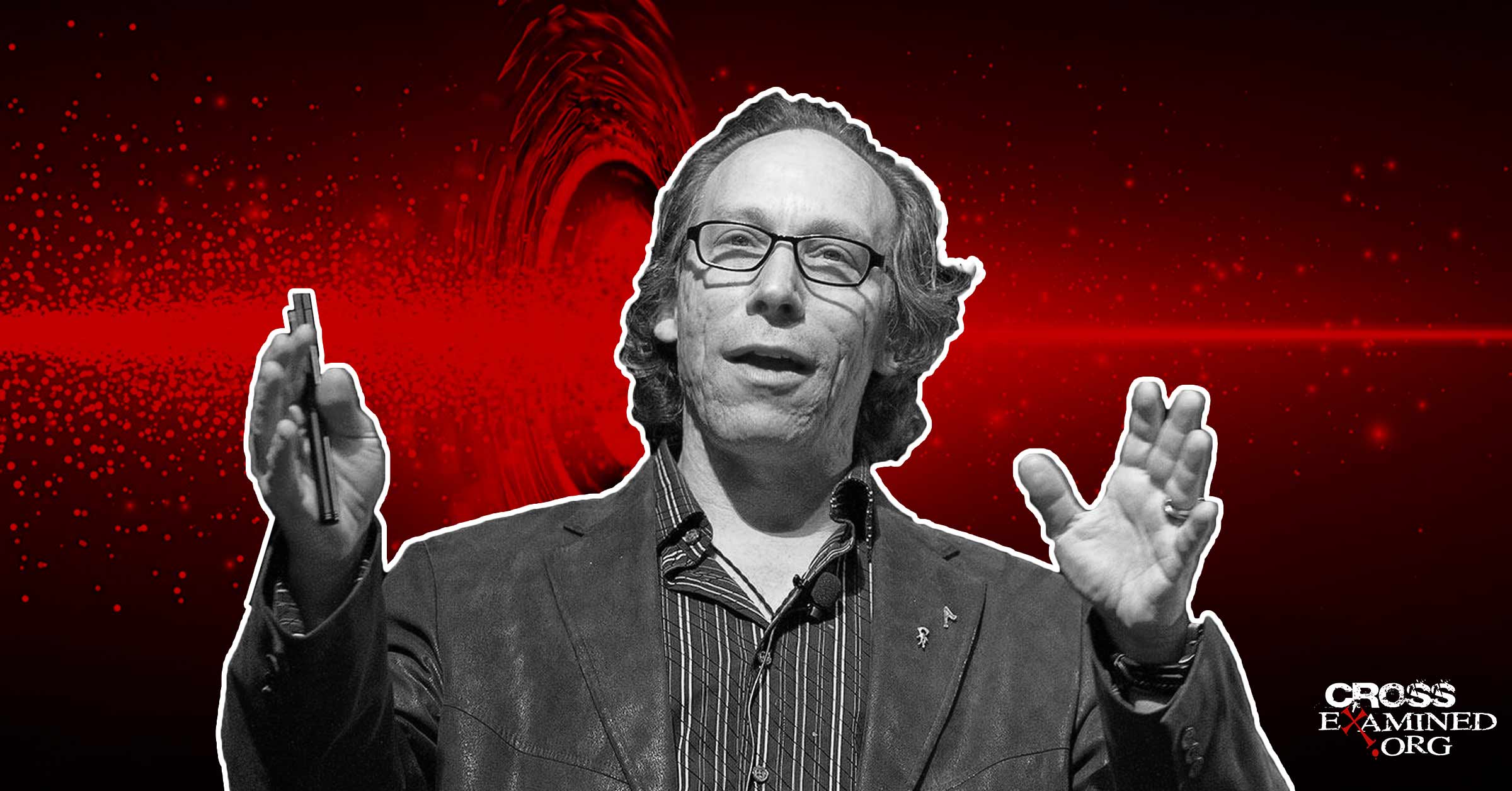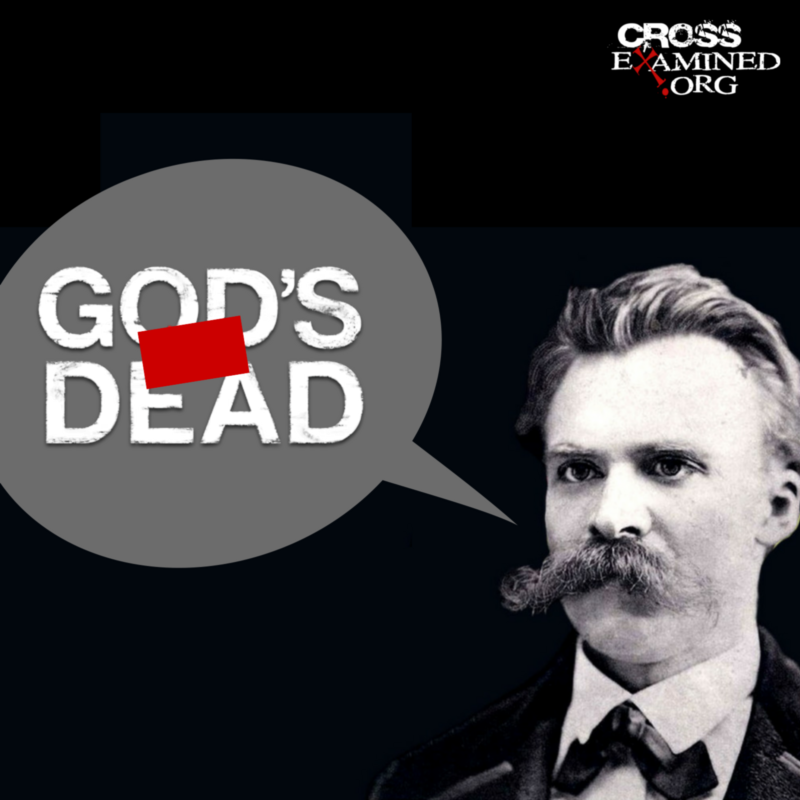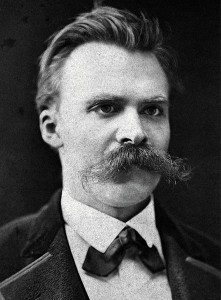Just as expected, the much anticipated and hyped debate between Kan Ham (CEO of Answers in Genesis) & Bill Nye (the “Science” Guy) sparked a “mini-blizzard” of blogs and articles from people on both sides of the debate (I guess this is just one more to add to the pile).
If you happened to miss the debate, it will be posted here on the AiG (Answers in Genesis) website and will also available for purchase. An estimated three million people viewed the debate which was streamed live from the internet to schools, churches and colleges across America and around the world.
It is certainly easy to play “Monday morning quarterback” on these sorts of debates. Both men are to be admired for being willing to stand “in the arena” and defend their respective views and take criticism.
I thought both men handled themselves admirably, although I must say that I thought Nye was more personable and passionate when he was speaking which certainly plays to his favor rhetorically. One of Ken Ham’s strongest moments, I thought, was when he played the clips of various PhD. scientists who are creationists and have either invented useful technologies [MRI] or have conducted peer-reviewed research, undercutting Nye’s claim that a belief in Divine creation stifles or limits science.
Nearly everyone has thoughts on what “should have been said” or “what kinds of evidence should have been used.”
I read though the various blogs and articles, however, I came across several great points which I will highlight in a moment.
Originally, I had planned on writing a point-by-point critique and evaluation of the debate, but since that has already been done on numerous other sites (which I will list below for your consideration); instead, I will review just a couple of my personal expectations on what I thought the debate would accomplish (I originally shared all six on my personal Facebook page) and whether or not they “played out” as I expected.
1. Both debaters represent a popular understanding of the respective positions on this debate (Faith & Science). It will certainly not be settled in this debate, but will spark even more debate and reams of new blogs from apologists scrambling to distance themselves from “Simple minded” creationists like Ken Ham.
As expected, I remain unconvinced that someone who was watching the debate last night will walk away with a deeper and more enlightened understanding of this complex issue (i.e. faith and science and their compatibility).
There’s certainly nothing wrong with public speakers who try to popularize complex ideas and communicate them to an broad audience (that’s what I do!), but I don’t believe that these two gentlemen were the best representatives of their respective “camps.”
As a friend of mine pointed out last night, “…they both seemed like they were giving infomercials for their respective audiences.” I agree.
Also expected and fulfilled were the reams of new blogs and articles from apologists offering alternative explanations and perspectives (I guess this one is a self-fullfilled prophecy!).
2. As a classically trained apologist (in the vein of Aquinas, C.S. Lewis, Geisler, et. al.), I cringe at the very likely possibility that Ham will “…beg the question” in his presuppositional approach to defending the Bible. When and if he uses evidence, I will rejoice and be glad.
The question that was debated was “Is creation a viable model of origins in today’s modern, scientific era?” While this is a good question, it actually doesn’t get at the root issue which is whether or not a theistic God exists and what evidence, if any points to His existence.
At CrossExamined we don’t take an official position on the age of the earth. We have students and supporters who defend each of the mainline views on origins (i.e. Young Earth Creationism and Old Earth Creationism, etc…).
That said however, we confidently stand on evidence in support of our belief in a personal, all-powerful, space-less, timeless, immaterial Creator. We leave it to Christians to sift the evidence for themselves, as to whether or not the earth is young or old.
The question of the age of the earth is a “second order question.” The question of God’s existence is a “first order question.” In dialoguing and debating non-believers, we should not front-load the conversation with secondary questions. Establishing God’s existence is primary.
Last night Ken Ham’s very starting point for science was the Bible itself and the age of the earth. The only problem with that is that Bill Nye and perhaps millions of others, don’t accept the Bible as true because they don’t believe there is a God.
My criticism isn’t necessarily leveled against Ken Ham’s Young Earth Creationism (or some of the other evidences he presented), rather it’s against the WAY that he argued which is just as important. In beginning with the Bible, he put the cart before the horse.
Let me be perfectly clear – I am a staunch defender of Biblical inerrancy, but in order for inerrancy to be philosophically true, Truth (with a capital “T”) must exist, God must exist and naturalism (as a worldview) must be false. The space-time universe is not a closed system, so miracles and the supernatural are very reasonable possibilities.
3. The truth of Romans 1 & Psalm 19 has been in full operation since the creation of the world when there were no publicly hyped debates.
One of the great things about God’s Word is that its truths are timeless and ever relevant.
Creation itself (which is silent yet vocal – Psa. 19:3-4) is the greatest evidence for the Creator. The evidence is so great and overwhelming that there is no debate – all men are without excuse (Rom. 1:20). The age of the earth wasn’t an issue when Paul penned Romans, yet he tells us that “everyone can know that there is a Creator.”
Below are a few blogs that I found especially helpful in illuminating and evaluating the Nye/Ham debate.
Helpful Blogs About the Bill Nye vs. Ken Ham Debate On Feb 4th, 2014
Casey Luskin (Discovery Institute) Old Earth Creationist
David Coppedge (Creation Writer) Young Earth Creationist
Melissa Cain Travis (Houston Baptist University) Old Earth Creationist
Dr. Albert Mohler (President, Southern Seminary) Young Earth Creationist








